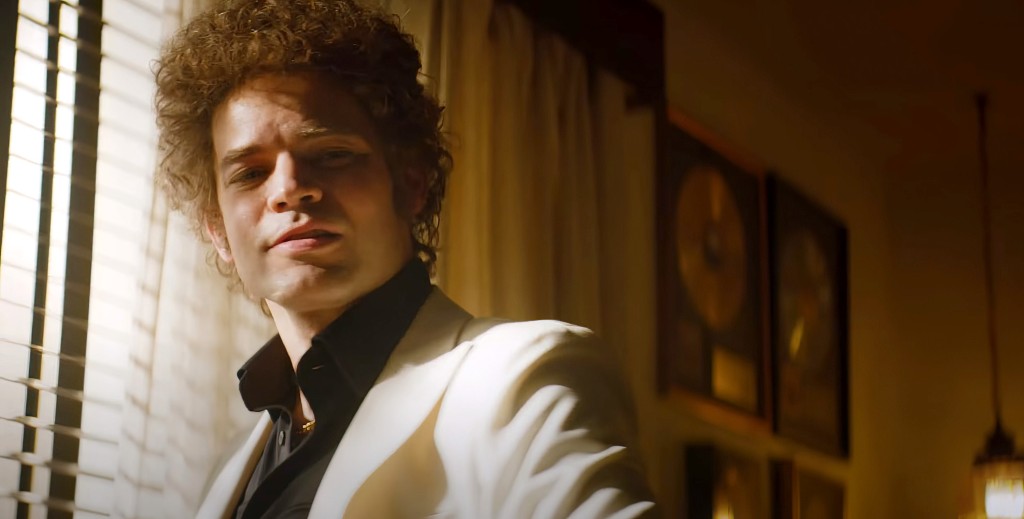Music executive Neil Bogart’s career took off thanks to an extramarital affair.
In the early 1970s, Bogart leaned in to kiss his mistress, Joyce Biawitz, and saw a demo labeled “Kiss.”
“Kiss — that’s a good name,” Bogart said.
“Do you really wanna talk business right now?” Biawitz, who was Kiss’ manager, replied.
Soon after, Bogart signed the band to his fledging label, Casablanca Records, based on the demo alone.
“My father signed them sight unseen — he signed them because of the music,” said Bogart’s son, Tim Bogart. “Then he discovered the vision and said, ‘Absolutely — let’s go!’”
That defining moment is captured in the new biopic “Spinning Gold,” in theaters on Friday and written and directed by Tim. The film tells the story of how Bogart (played by Jeremy Jordan) went from being a young Brooklyn hustler to a famed music executive who launched some of the era’s biggest talents.
Kiss would become the first of several iconic artists — including disco legends Donna Summer and the Village People and funk godfathers Parliament and Cameo — to strike gold with Casablanca Records in the ’70s.
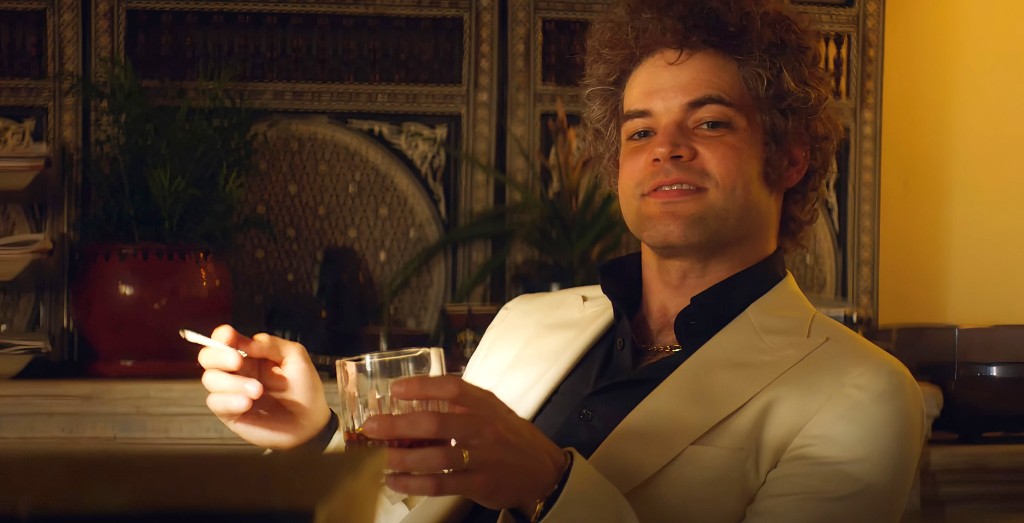
“Neil was certainly a trendsetter,” said Cameo lead singer and founder Larry Blackmon, whose band was signed to record “Find My Way” for the disco-driven soundtrack to 1978’s “Thank God It’s Friday.”
Their sound later became more funky, with hits such as “Word Up!” and “Candy.”
“I have a lot of respect for him. It was a great company to work with. I cannot complain,” Blackmon continued.
Bogart — who was born Neil Bogatz — started employing his entrepreneurial spirt as a kid growing up in the Glenwood Houses in Brooklyn.
“At 8 years old, he started this laundry business, and he was making more money than his father,” said Tim. “He and his group of these 40 young kids would knock on doors, pick up your laundry, do the laundry, fold the laundry and return it.”
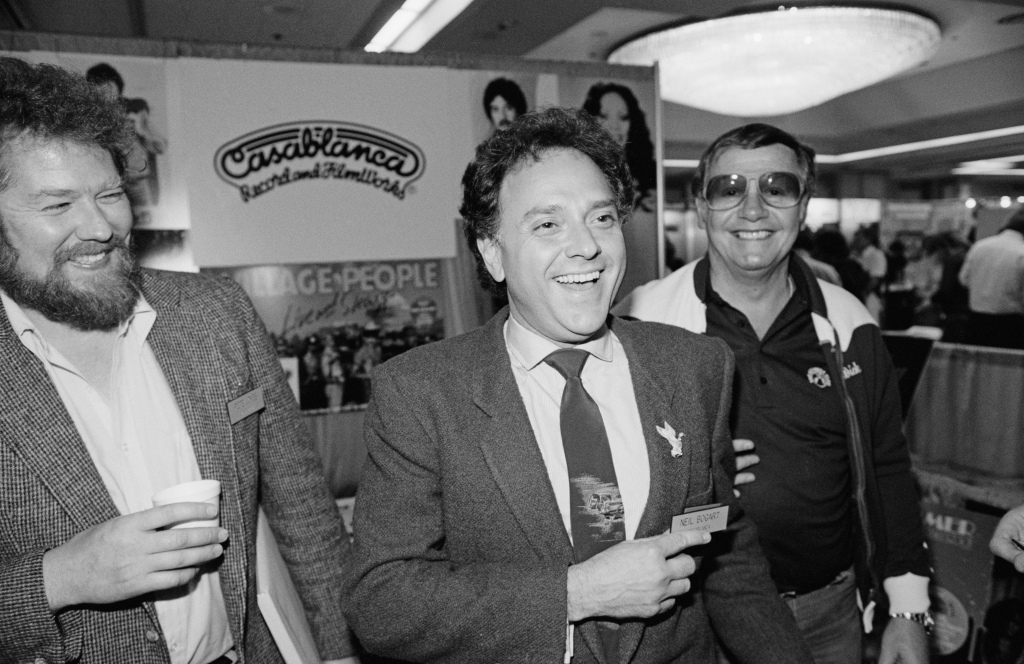
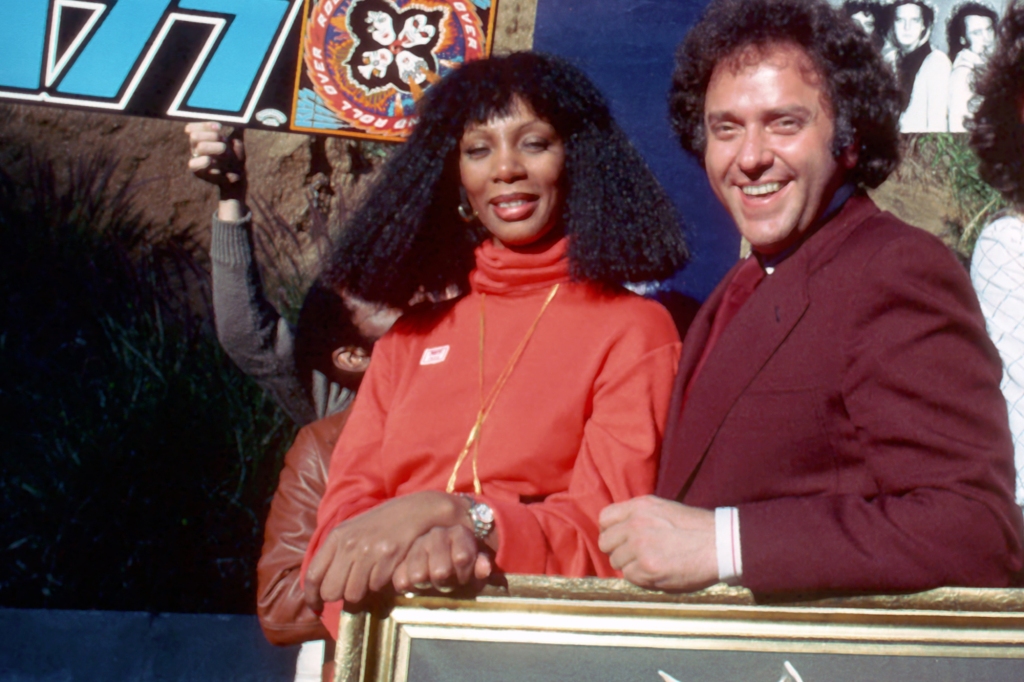
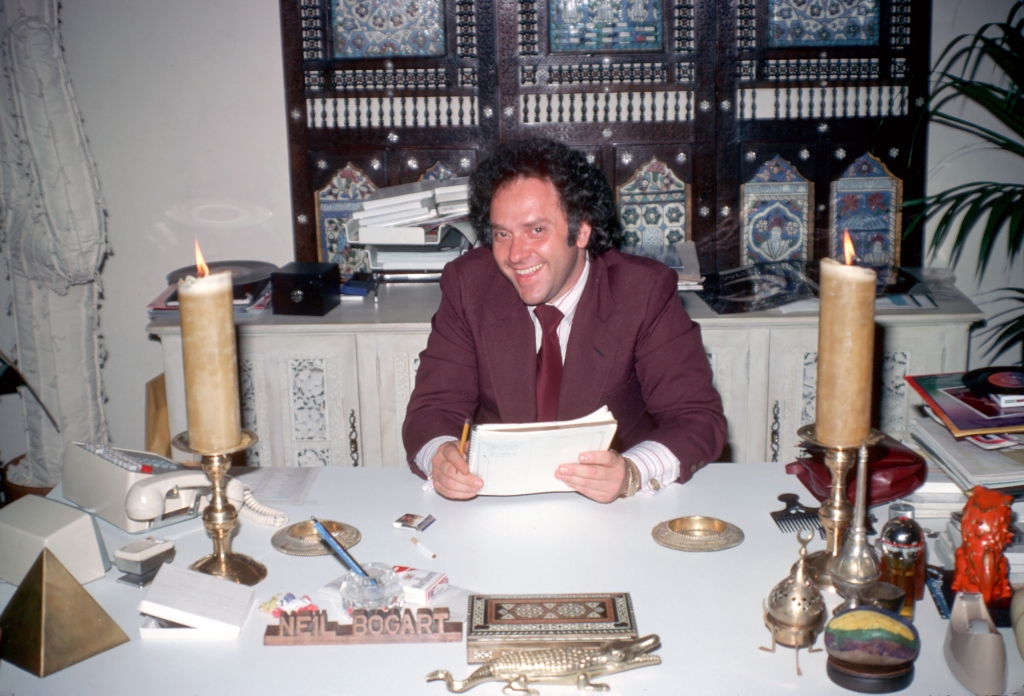
He went on to change his name to Neil Scott and became a singer with the doo-wop hit “Bobby” in the early ’60s.
He even beat Elvis Presley in a local radio competition that was hosted by New York DJ Murray the K.
“My dad was the Brooklyn kid, so he rallied the entire community,” said Bogart’s son Evan Bogart, who served as executive music producer on the film. “He was literally handing out dimes for people to call in and vote for him to beat Elvis … He was out there hustling like the best Brooklynites do.”
Bogart would eventually go on to do promotions and marketing at MGM Records and Cameo-Parkway Records, where he met a young George Clinton years before he would sign the Parliament leader.
“He was in a doo-wop group [wearing] a three-piece suit — not the George Clinton we know,” said Tim.
Then Bogart became an exec at Buddha Records, wooing such R&B legends as the Isley Brothers and Gladys Knight & the Pips away from Motown by giving them more creative freedom — and even, in some cases, their own labels — while also signing socially conscious soul greats Bill Withers and Curtis Mayfield during the civil rights movement.
“There’s a lot of business on the phone, so for a lot of these initial interactions, many artists assumed my father was black,” said Tim. “They saw the power of the music that he was putting out, the power of the artists, and they just assumed he likely was black.”
It was ultimately with Casablanca Records that Bogart really made his imprint.
But gambling and overspending caused him to fall millions of dollars into debt as he struggled to translate Kiss’ live-show following into record sales,
Then, in 1975, he came up with the idea of a Kiss Army — long before Taylor Swift’s Swifties or Beyoncé’s Beyhive — that would require fans to buy albums in order to receive exclusive merchandise.

Also in the mid-’70s, Bogart signed Donna Summer, who would emerge to lead the disco movement. He turned the queen of his kingdom, who had bee n performing as LaDonna Gaines in Germany, into the sexy siren of “Love to Love You Baby.”
“She was raised in the church — this was not who she wanted to be,” said Tim. “However, she goes along with it. She becomes wildly successful, incredibly famous, incredibly wealthy. So it’s not like she was dragged unwillingly, but that also doesn’t dismiss the fact that this was not who she was. And I think she always regretted becoming Donna Summer.”
But Casablanca Records — which Bogart sold to Polygram in 1980 — ultimately suffered with the death of disco.
Bogart, who eventually married Biawitz, passed away in 1982 from cancer. He was only 39.
A revamped version of his label continues today under Republic Records, but it’s not as freewheelin’ as Casablanca under Bogart.
“They broke every rule,” said Tim. “It was absolutely the Wild Wild West — I don’t think you could get away with the kinds of stuff they did socially, morally or even legally today.”

